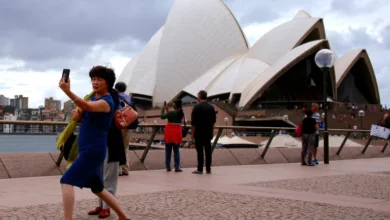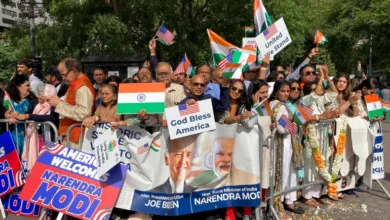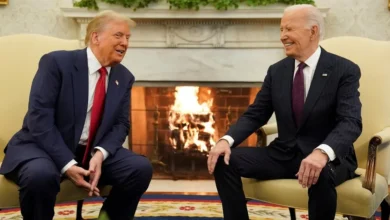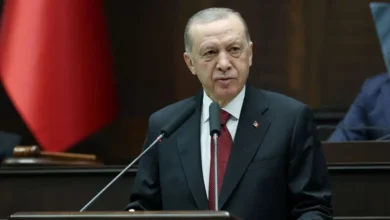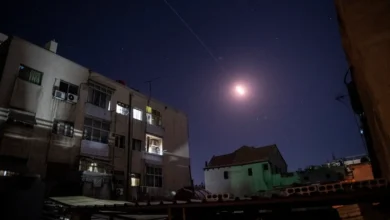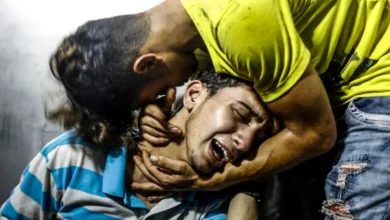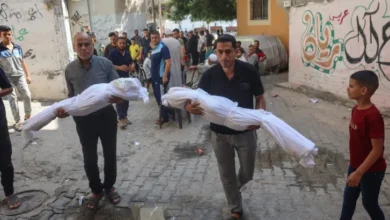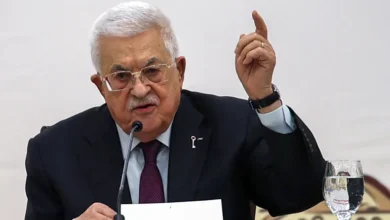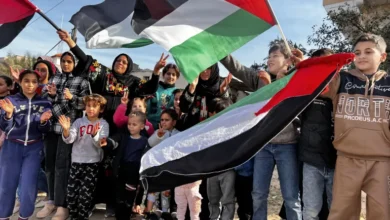Why do Sudan’s ceasefires keep failing?
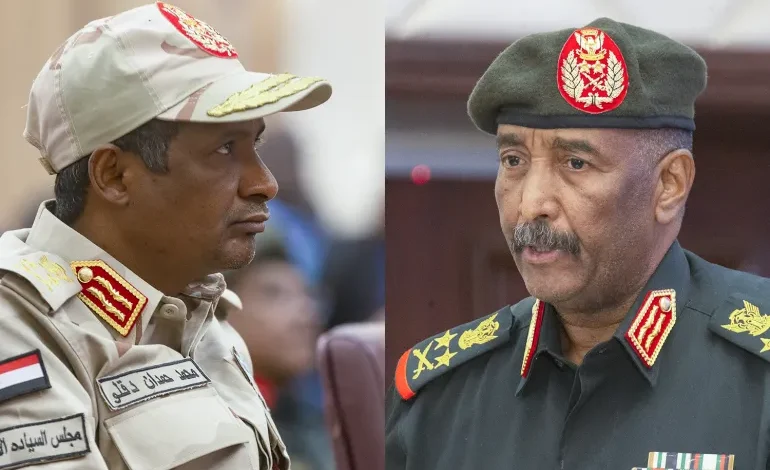
The latest ceasefire Sudan’s warring factions agreed to, brokered by South Sudan, seems to have deteriorated almost immediately, like all the previous truces so far since fighting began in the country last month.
General Abdel Fattah al-Burhan, the country’s army chief and de-facto leader, and Mohamed Hamdan “Hemedti” Dagalo, who leads the paramilitary Rapid Response Forces (RSF), have continued to battle as the conflict nears the end of its third week.
On Wednesday night, al-Burhan’s envoy Dafallah Alhaj told Al Jazeera that the agreement had been only to a ceasefire, “not to mediation regarding the resolution of the conflict”, dashing fragile hopes that the generals’ agreement to the truce was a sign of progress.
Will the ceasefire that was supposed to begin on Thursday have some partial success? And why have previous ceasefires failed?What happened during previous ceasefires?
Ceasefires have been declared, hours to days long, but the reality is that fighting has continued with varying levels of intensity. Some Sudanese people have even taken to joking that the explosions they hear are the “sound of the ceasefire”.
Fighting has been particularly heavy around major government and military centres in the capital, as the two sides try to take control of areas and institutions that will give them legitimacy. But even hospitals have been hit.
The death toll is now more than 500 – although it could be higher, as most hospitals are unable to function fully.
Can one side defeat the other?
Both sides have advantages and, so far, neither general has shown signs of backing down but neither has been able to weaken the other side enough to secure victory.
The army has mostly tried to leverage its seemingly superior firepower – and particularly its ability to hit the RSF from the air.
The RSF has entrenched itself in residential areas to make air raids less effective. It has also been accused of taking homes and markets to use as bases of operation.
These tactics force the army to choose between destroying large areas of Khartoum in an attempt to hit the RSF or a slower approach.
Al-Burhan enjoys the status of representing the army, a fully-fledged state institution.
But the RSF appears more battle-hardened, having fought for the government in the western region of Darfur.Can the generals control their forces?
Both al-Burhan and Hemedti were longtime allies of former President Omar al-Bashir before joining forces to depose him in 2019, and they may fear a similar fate could await them if they fail to manage their alliances.
There has been speculation that al-Burhan could be toppled by his own generals, some of whom have close ties to al-Bashir and Sudan’s political Islamist movement who may pressure al-Burhan not to back down and agree a deal with Hemedti.
Hemedti is trying to portray himself as a bulwark against the return of al-Bashir’s supporters to power.
The RSF leader also has to keep his own vast force happy, particularly in Darfur, where he made his name fighting against separatist groups and local tribes.But even there, Hemedti faces a rival – Musa Hilal, a chief from the same tribe. Hilal was replaced by Hemedti as the head of the RSF after falling out with the government. Now Hilal may be looking to reclaim his old position, and the army may be open to him doing that.
Can’t regional or international powers stop the fighting?
They have tried, but so far have only really been able to get their own citizens out and help with evacuations, although some have failed to do even that.
